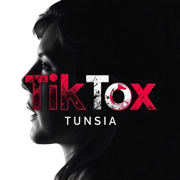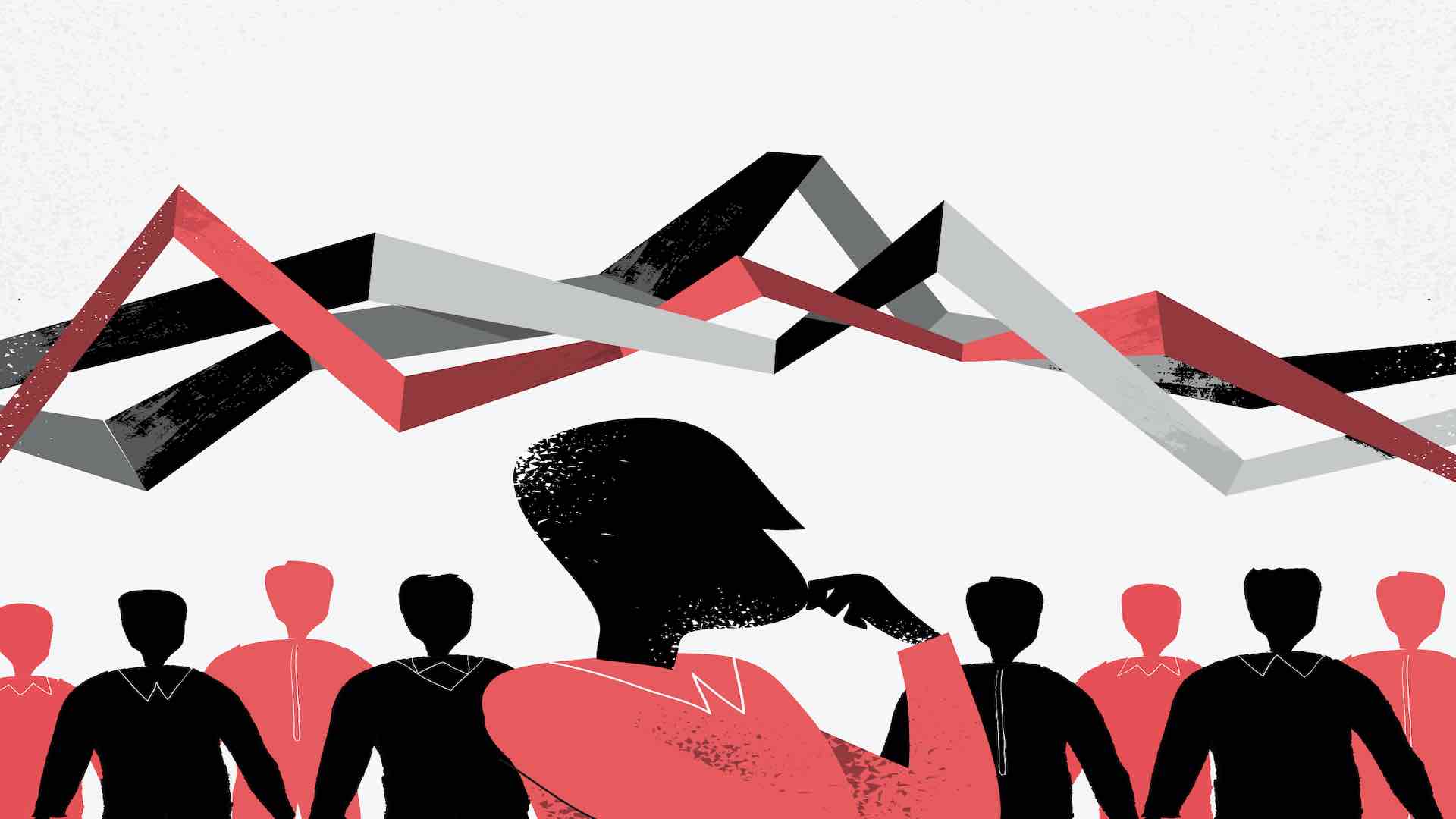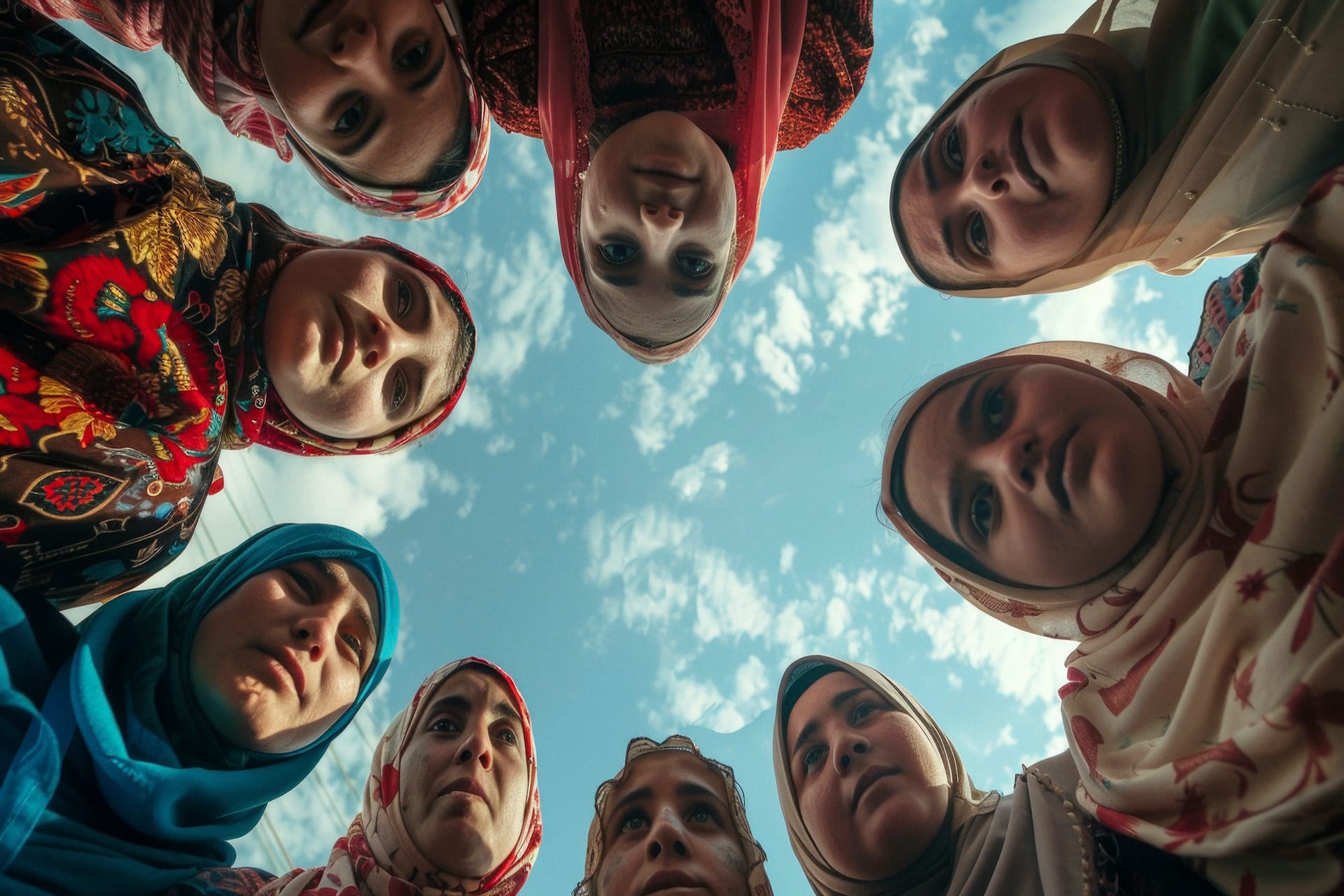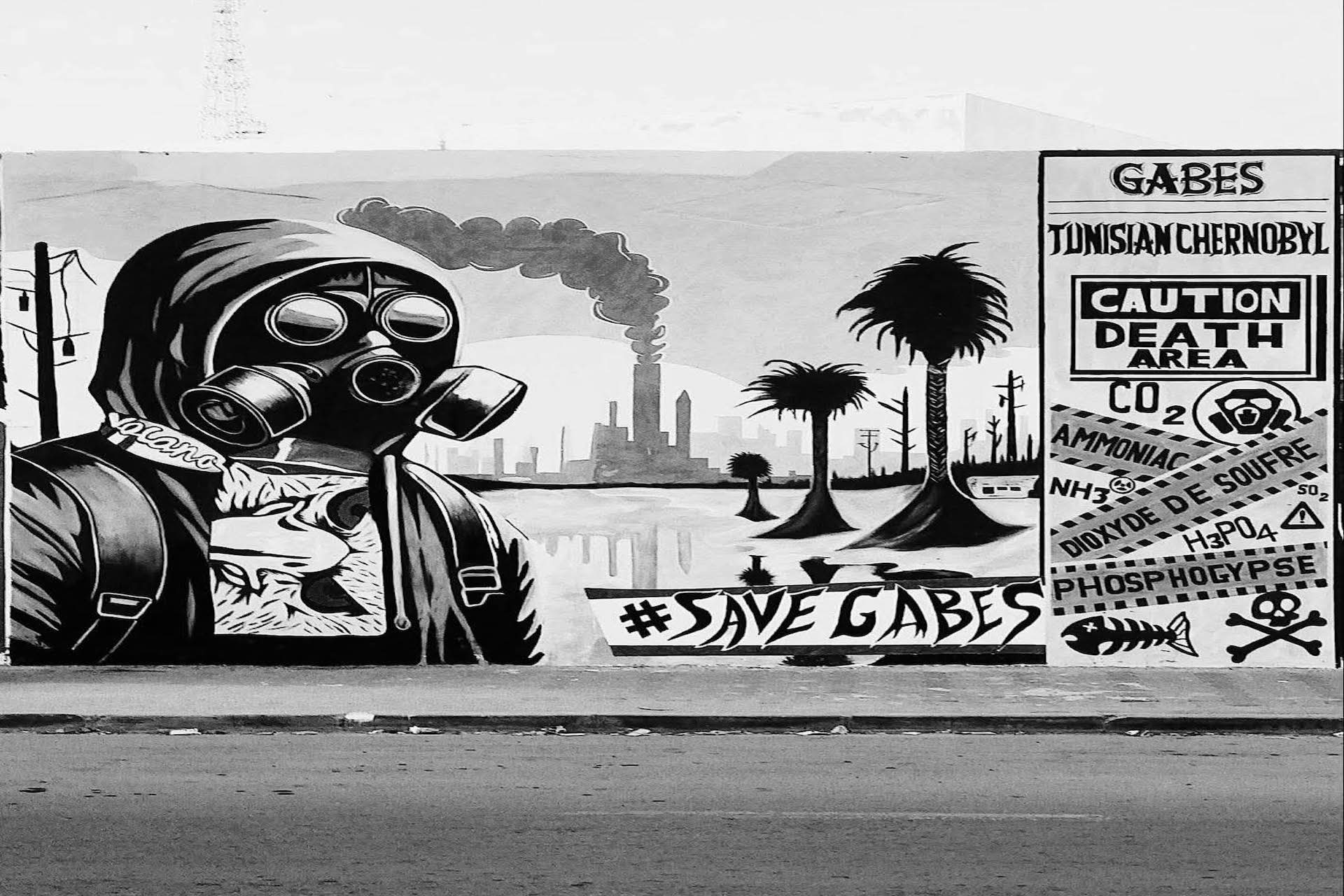The Rise of TikTok Streamers in Tunisia: Opportunities, Risks, and Regulations
Discover how TikTok streamers in Tunisia earn money, face legal risks, and shape the digital economy. A complete guide on opportunities and challenges.
Introduction
In recent years, TikTok has transformed into one of the most powerful digital platforms for young creators in Tunisia. What began as a space for short dance videos and entertainment has now evolved into a hub of live streaming, donations, and online monetization. Tunisian TikTok streamers are gaining international audiences, earning significant income through gifts and sponsorships, and shaping online conversations.
However, with this rapid rise comes regulatory, financial, and ethical challenges. Questions surrounding taxation, scams, money laundering, and the protection of minors have put TikTok streamers under public and governmental scrutiny. This article explores the world of Tunisian TikTok streamers, their opportunities, their impact on society, and the legal frameworks that guide (or fail to guide) their activities.
1. Who Are TikTok Streamers in Tunisia?
TikTok streamers are content creators who broadcast live sessions where they interact with followers in real time. These streams often include:
- Entertainment: Singing, dancing, or performing comedy.
- Gaming: Live gameplays or commentary.
- Personal interaction: Talking directly with fans, sharing life stories.
- Fundraising & donations: Encouraging fans to send virtual gifts, which are later converted into real money.
Unlike YouTube or Instagram, TikTok streaming emphasizes immediacy and monetization. For Tunisian users, this has created a new industry, where a single live stream can generate thousands of dinars in just a few hours.
2. How Do Streamers Earn Money?
TikTok offers multiple revenue streams, but in Tunisia, the most popular is through donations and gifts:
- Virtual Gifts: Fans purchase coins via TikTok and send them as gifts. The streamer can later cash them out.
- Brand Partnerships: Some streamers collaborate with local or international brands.
- Affiliate Marketing: Promoting products and earning commissions.
- Private Communities: Some creators redirect fans to Telegram groups or paid memberships.
Yet, the lack of financial transparency around these earnings has raised concerns about undeclared income and tax evasion.
3. The Economic Impact of TikTok Streamers
TikTok streamers have created a parallel digital economy in Tunisia:
- Job creation: Many young Tunisians see streaming as a career alternative.
- Foreign currency inflow: Since most gifts are purchased in euros or dollars, this contributes indirectly to the economy.
- Influencer marketing: Local businesses increasingly rely on TikTok influencers.
However, this growth also highlights informal financial flows, making it harder for regulators to monitor and control.
4. Risks Associated with TikTok Streaming
While the opportunities are promising, Tunisian TikTok streaming also comes with serious risks:
a) Fraud and Scams
Some streamers manipulate viewers with fake stories, charity scams, or false promises. Vulnerable followers, especially teenagers, may lose significant money.
b) Money Laundering
Authorities suspect that certain streams are used as channels for money laundering, where illicit funds are disguised as digital donations.
c) Addiction and Mental Health
Both streamers and viewers can develop unhealthy dependencies on online attention, likes, and donations.
d) Exploitation of Minors
Many Tunisian streamers are under 18, raising serious concerns about child protection, exploitation, and exposure to harmful content.
5. Regulations and the Law in Tunisia
Currently, Tunisian law does not have specific regulations dedicated to TikTok. However, existing media, tax, and cybercrime laws can apply:
- Tax Law: Income from TikTok streams is taxable, but few declare it.
- Cybercrime Law: Fraudulent practices and scams online are punishable.
- Child Protection Code: Protects minors from online exploitation.
- Financial Regulations: Authorities are beginning to monitor transactions for potential money laundering.
In 2024, debates emerged in parliament regarding tightening regulations on social media income, but so far, enforcement remains weak.
6. The Role of Society and Parents
Given the youth-driven nature of TikTok, families and communities play a vital role:
- Parents must monitor their children’s online activity.
- Schools should include digital literacy programs.
- NGOs can raise awareness about online safety and fraud.
7. Case Studies: Tunisian Streamers in the Spotlight
Several Tunisian TikTok streamers have gone viral internationally:
- Some gained massive followings in Europe and the Middle East.
- Others faced criticism for unethical practices, such as exploiting viewers or making political propaganda.
These cases demonstrate the double-edged nature of digital fame.
8. Future of TikTok Streaming in Tunisia
The future of TikTok streaming in Tunisia will depend on:
- Government action: Stronger regulations and taxation policies.
- Platform accountability: TikTok improving transparency of donations.
- Community awareness: Viewers being more critical and cautious.
If managed properly, TikTok streaming could become a legitimate source of income for Tunisian youth. If left unregulated, it risks fueling fraud, financial crime, and social harm.
Conclusion
TikTok streamers in Tunisia represent both a revolutionary opportunity and a regulatory challenge. On one hand, they showcase creativity, generate income, and connect Tunisia to the global stage. On the other hand, they expose gaps in law, taxation, and digital ethics.
To ensure sustainability, Tunisia must adapt its legal frameworks, protect its youth, and encourage responsible digital entrepreneurship. Streamers, in turn, should embrace transparency, declare income, and prioritize the well-being of their audiences.














